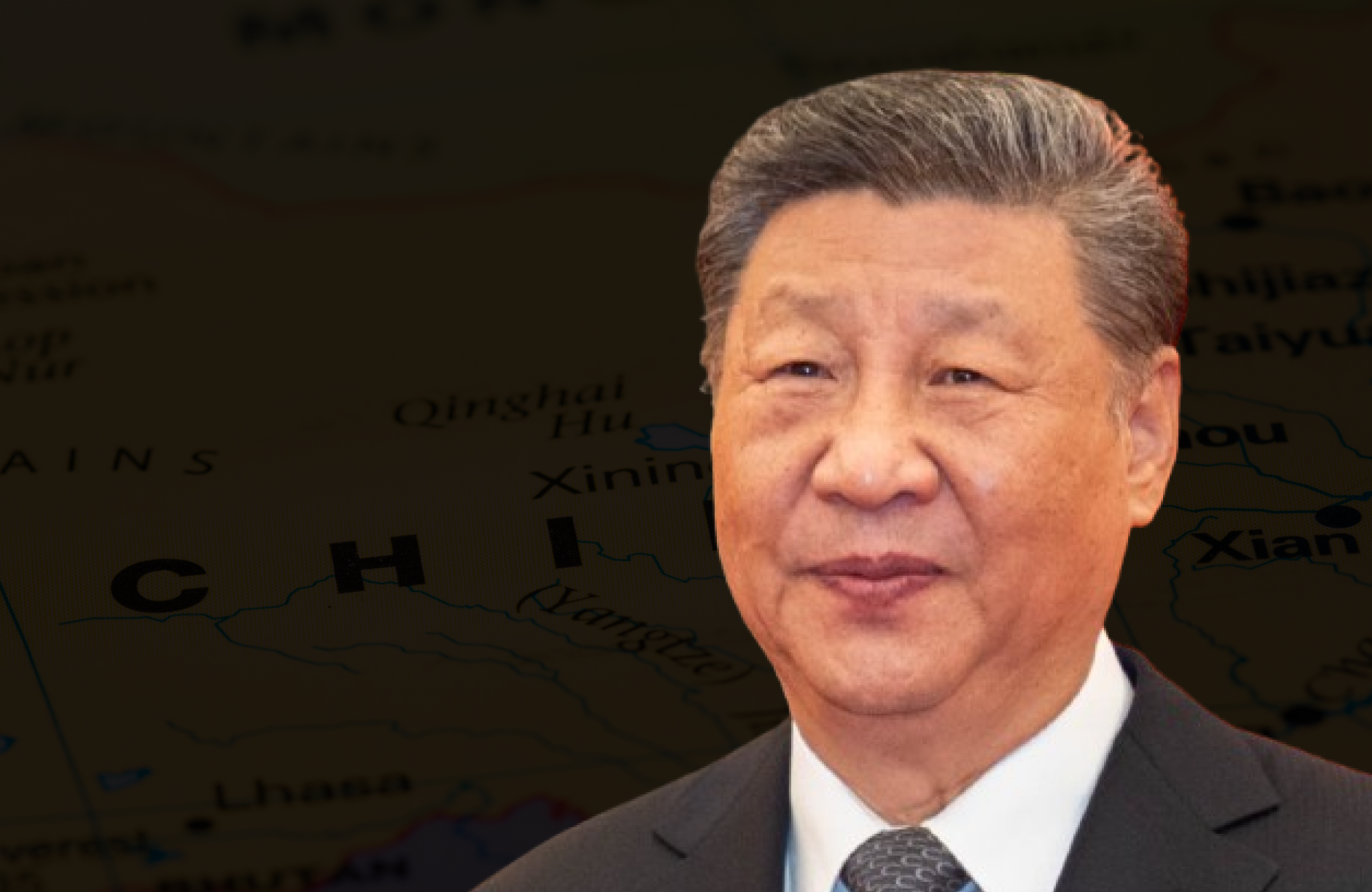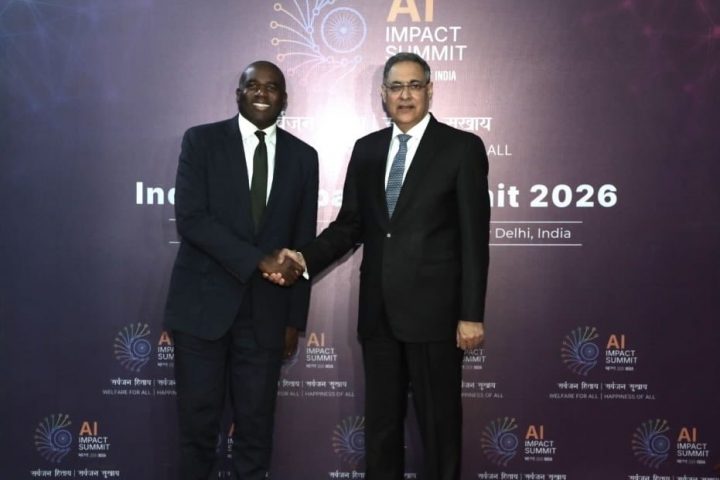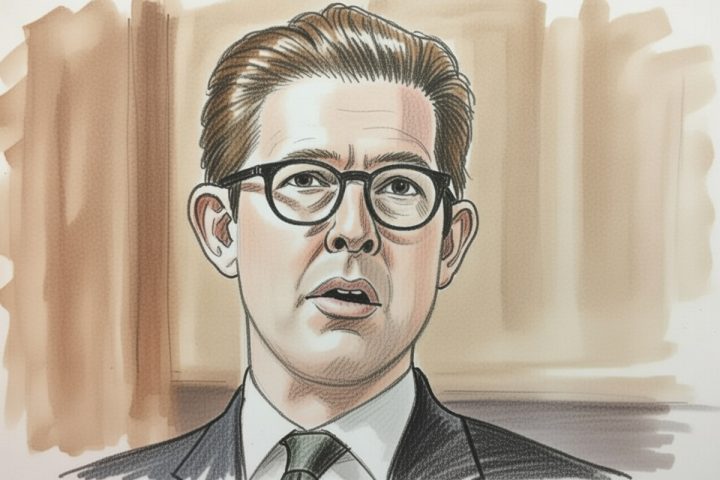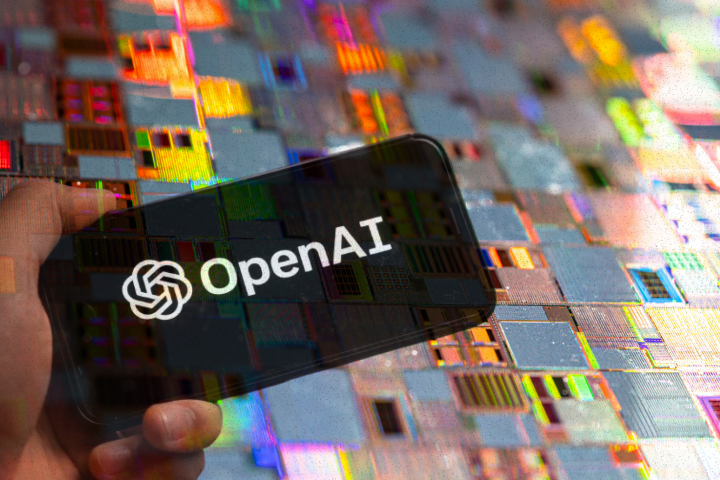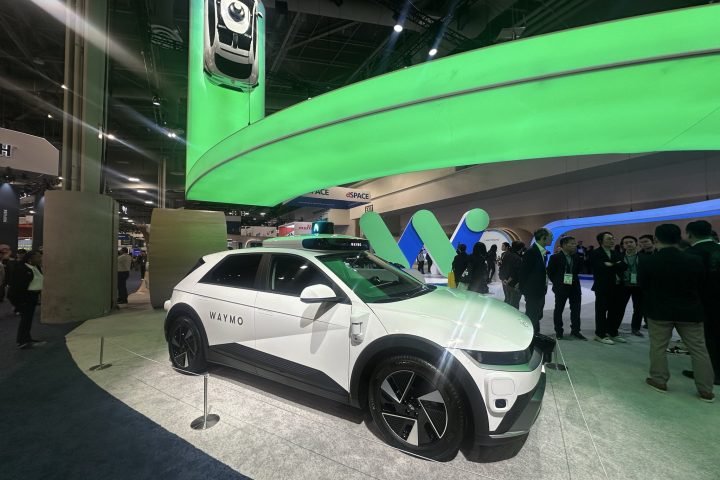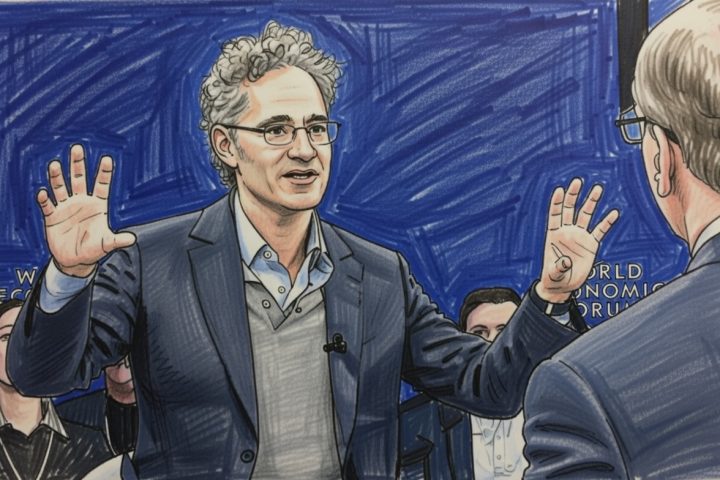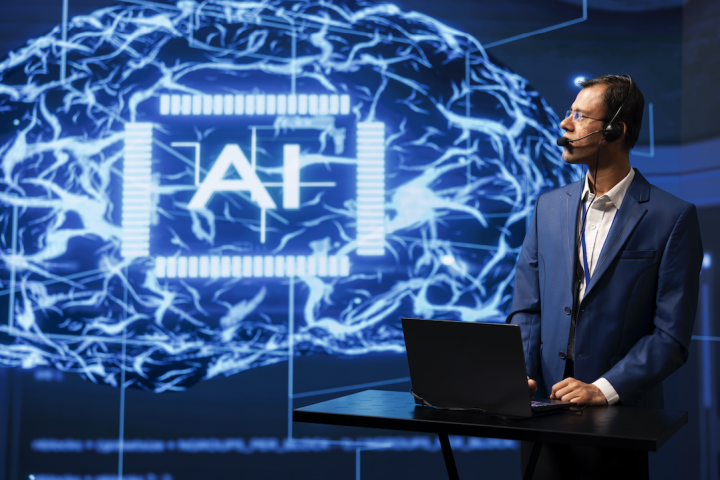At this year’s Asia-Pacific Economic Cooperation (APEC) summit, Chinese President Xi Jinping made headlines by calling for the creation of a “World Artificial Intelligence Cooperation Organization”, a global body he says would govern AI development and ensure the technology benefits all nations.
The remarks, delivered Saturday at the leaders’ meeting in the South Korean city of Gyeongju, marked Xi’s first public explanation of an initiative Beijing floated earlier this year.
Xi framed his pitch in cooperative terms, calling artificial intelligence a “public good for the international community.” According to China’s state-run Xinhua News Agency, he stressed that AI is “of great significance for future development” and should be “made for the benefit of people in all countries and regions.”
The idea contrasts sharply with the U.S. approach, which has resisted international regulation of AI. Washington argues that binding global rules could stifle innovation and advantage authoritarian systems.
This moment comes amid an uneasy truce in the U.S.–China technology rivalry. Xi and U.S. President Donald Trump met briefly before the APEC summit, agreeing to a one-year deal to partially roll back trade and tech restrictions that have strained relations between the world’s two largest economies.
However, Trump did not stay for the APEC leaders’ session, flying back to Washington directly after his bilateral meeting with Xi. His absence left the stage wide open for Xi to project China as a steady advocate of multilateralism.
Analysts had anticipated such a move. With Washington’s attention turned inward, Xi’s message at APEC reinforced China’s narrative of being the responsible global partner, ready to guide emerging technologies and trade systems.
The AI race has become one of the defining fronts in global competition. U.S.-based companies like Nvidia (NVDA.O) are at the heart of the current boom, supplying the advanced chips that power the latest AI models. Meanwhile, China has been racing to develop its own ecosystem.
Beijing’s state-backed startup DeepSeek, for instance, has introduced lower-cost AI models as part of China’s drive for “algorithmic sovereignty” — the idea that a nation’s AI systems should be based on its own technology, not foreign code or data.
Xi’s speech also touched on another area where China seeks global leadership: green technology. He called on APEC members to promote the “free circulation” of clean technologies, from batteries to solar panels , sectors where Chinese manufacturers hold a dominant position.
China’s emphasis on green exports and cooperation dovetails with its industrial strengths. The country produces over 80% of the world’s solar panels and is home to the largest battery production facilities globally. Encouraging open trade in these sectors allows Beijing to blend environmental diplomacy with economic leverage.
The APEC forum, which includes 21 member economies representing roughly half of global trade, has long served as a platform for economic coordination in the Asia-Pacific region.
At this meeting, members approved a joint declaration and agreements on AI and ageing populations, signaling at least some common ground amid geopolitical tensions.
Xi also reminded attendees of China’s rapid transformation, noting that Shenzhen, the site of the 2026 APEC summit, grew from a small fishing village into a manufacturing powerhouse of nearly 18 million people.
The city today anchors industries ranging from robotics to electric vehicles, a fitting symbol of China’s economic evolution and technological ambition.


